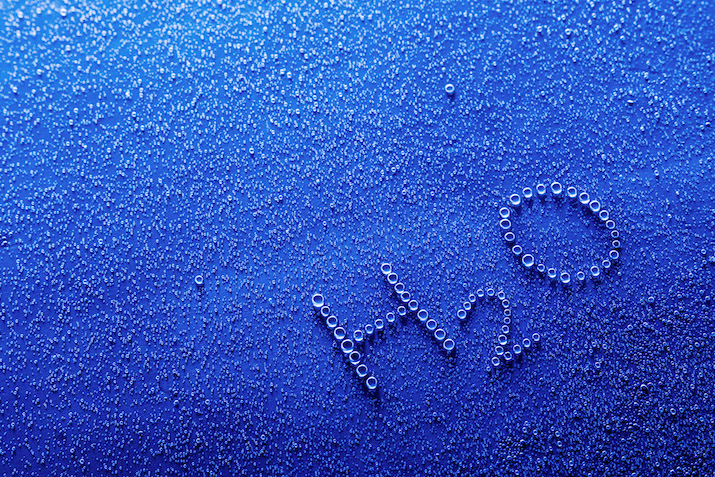
The Role of Water in your Body
Water is needed on a regular and constant basis to support all the metabolic reactions that occur in the body; it gives us the energy needed to stay alive. Water makes up around 60% of our body weight, and we can only survive a few days without access to water.
The key roles that water plays:
- Many chemical reactions only work in the presence of water as the chemicals need to be dissolved to react with one another.
- Provides body with a form of substance (non-compressible)
- Part of the synovial fluid
- Controls body temperature – dissipation of heat and evaporation of sweat from the skin
- Represents the major component of blood (plasma)
- Transports many nutrients and gases around the body
- Assists is excretion of waste products (detoxification)
- Glandular secretion are primary fluids containing active agents
How much water do you need?
The quantity needed is often quoted as around 8 glasses (approx. 2-2.5 litres) per day to maintain your fluid levels and make sure all processes are running smoothly. Consumption of water needs to be elevated to counteract sweating, dehydrating effect of caffeine, alcohol, an air-conditioned environment, and possible medical conditions.
Your intake of water should be continuous throughout the day and can be taken in different ways:
- Liquid – most obvious form – best without caffeine or alcohol
- Food we eat – liquid contents inversely related to energy content
- As a by-product of some metabolic processes.
What causes dehydration?
Dehydration can have a massive impact on your performance, and there are a number of causes:
- Inter-individual variation (everyone one is different)
- Hot temperatures – sweating
- Altitude – humidity is lower, sweat evaporates quicker, breath more rapidly due to low O2 levels
- Exercise
- Illness
- Alcohol – diuretic – makes you wee more
- Diabetes – high levels of glucose in the blood – go to the toilet more often
The effects vary depending on the degree of dehydration, below sets out the effect based on % loss of body weight.
- 1% loss – Generates thirst response
- 2-3% loss – Impaired performance and increased body temperature
- 4% loss – 20-30% decrease in endurance performance
- 5-6% loss – Heat cramps, chills, nausea, clammy skin, rapid pulse, dehydration from this point an be fatalu6-10% loss – Reduced sweat and urine production, headaches, dizziness, dry mouth
- Greater than 10% loss – can be life threatening heat stroke, hallucinations, unsteady walk, no urine or sweat produced.
Keeping hydrated while you exercise
I have gone over the what role water plays and the importance of keeping hydrated, so now i will outline what you can do to keep those fluid levels up during exercise to maximize your performance.
Before exercise:
- Drink 16 ounces (450ml) up to 2 hours before
- Kidneys need 60-90 minutes to process excess liquid, so this will be excreted before the event/activity. Too much fluid taken immediately before may cause ‘sloshing’ in the stomach.
- Drink 4-8 ounces (110-225ml) 5-10 minutes before activity. This will be available to replace sweat losses, from the onset of exercise
During exercise:
- Water can travel from stomach to skin in 9-18 minutes after drinking. Hydrate early from the start
- Ideally drink every 10-15 minutes during exercise
After exercise:
- Continue to drink
- Salt loss (sodium) is not usually sever and additional salt does not need to be replenished
- All varieties of drinks are suitable for re-hydrating, although hypertonic drinks will be very slow compared to water, isotonic or hypotonic fluids.
- Preferably choose decaffeinated drinks
Following these guidelines will keep you hydrated, prevent dehydration, and make sure you have the best workouts possible.



